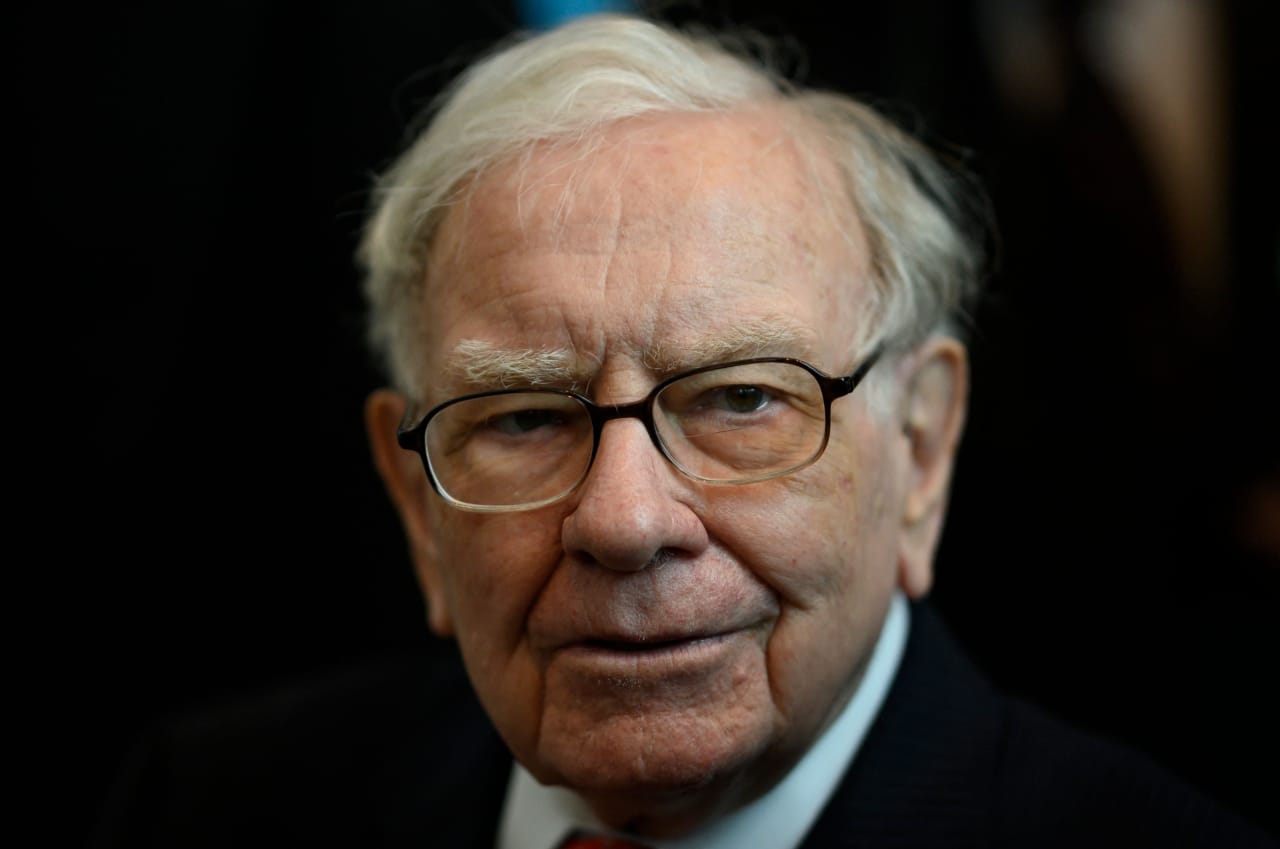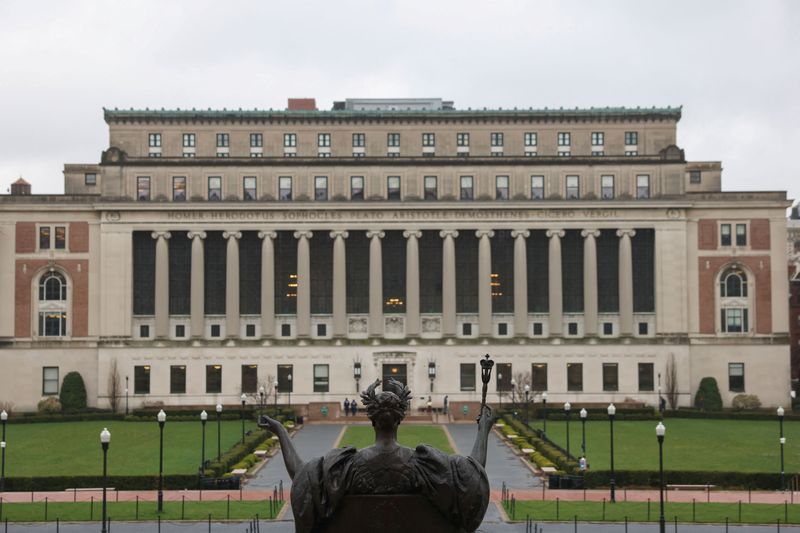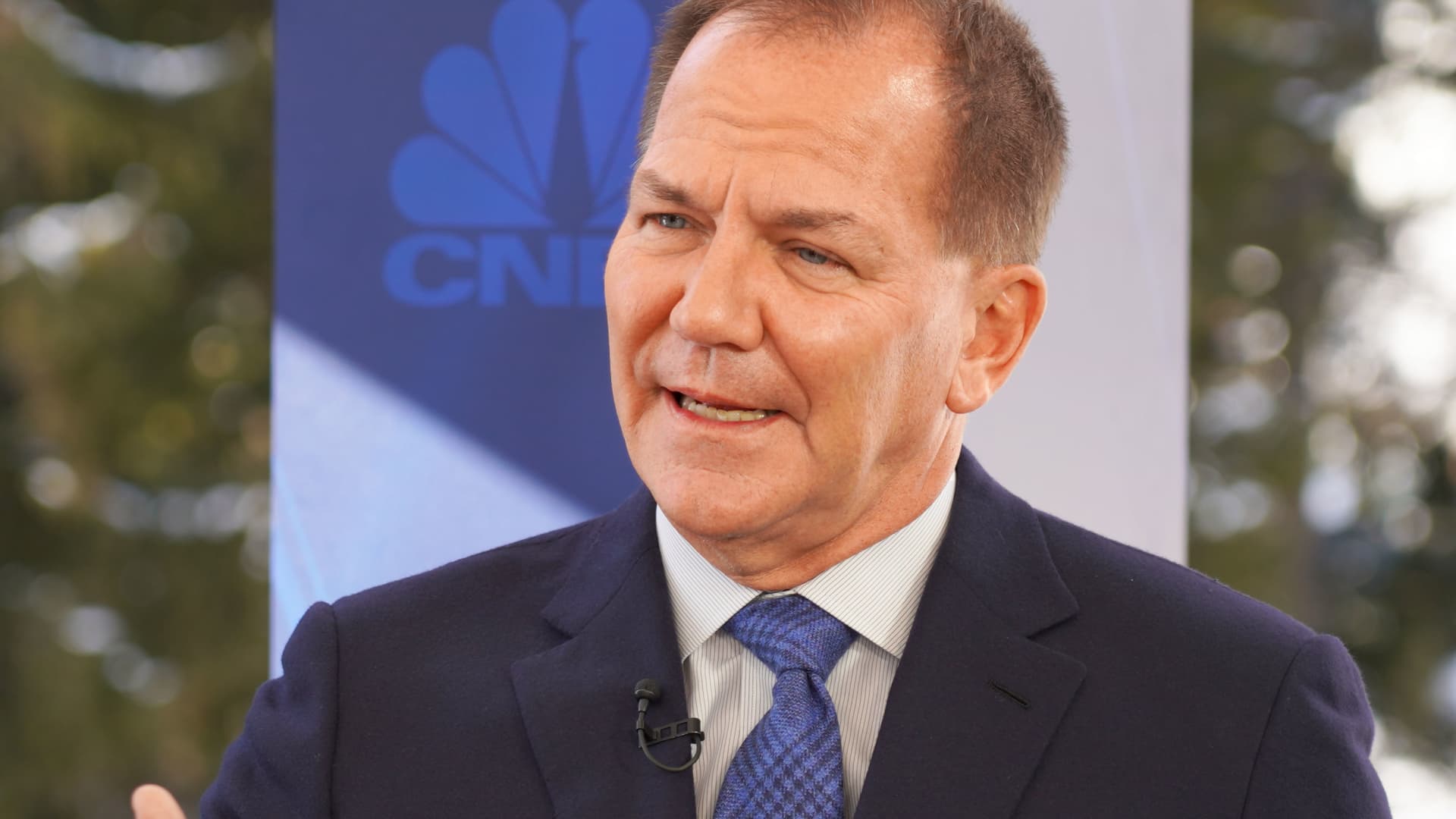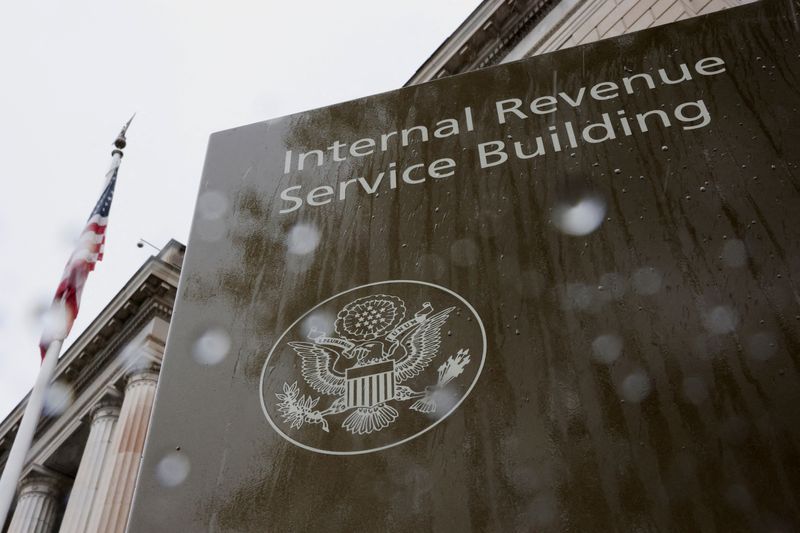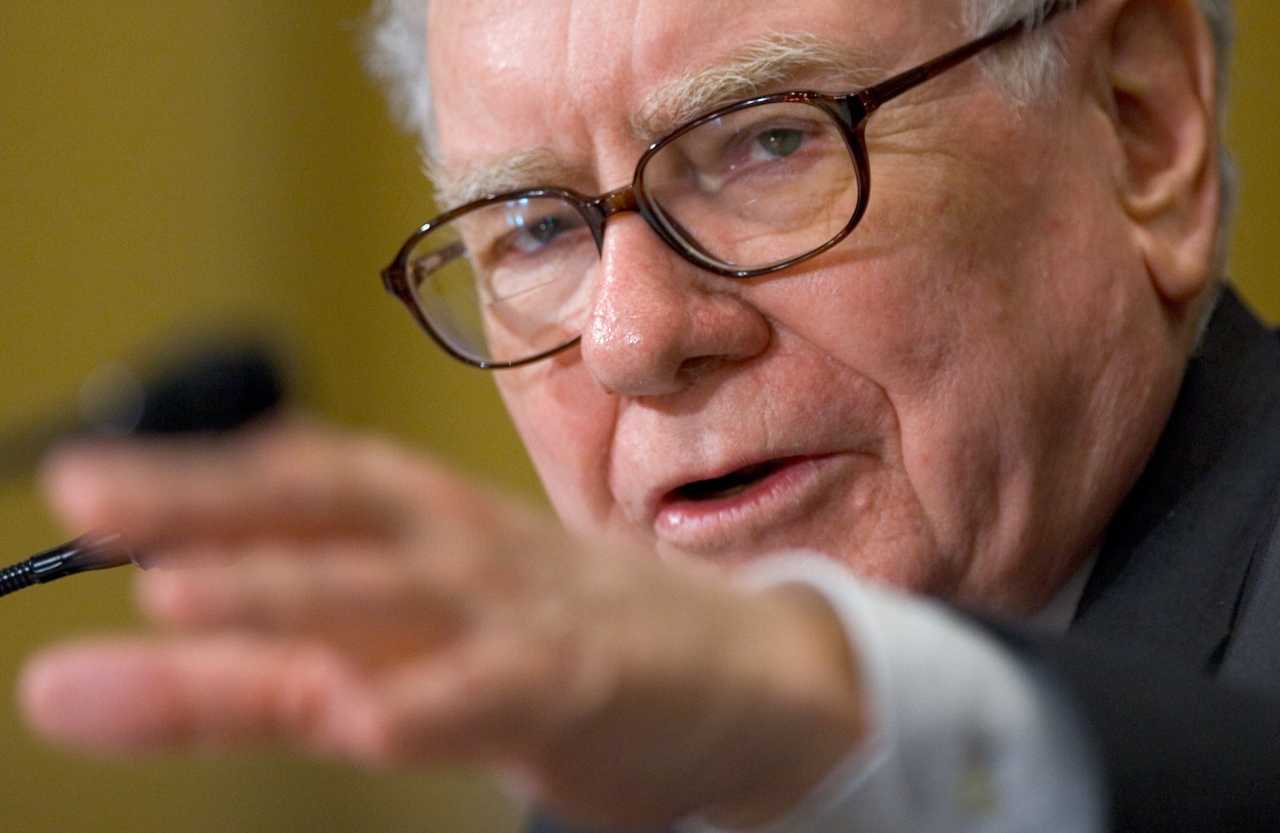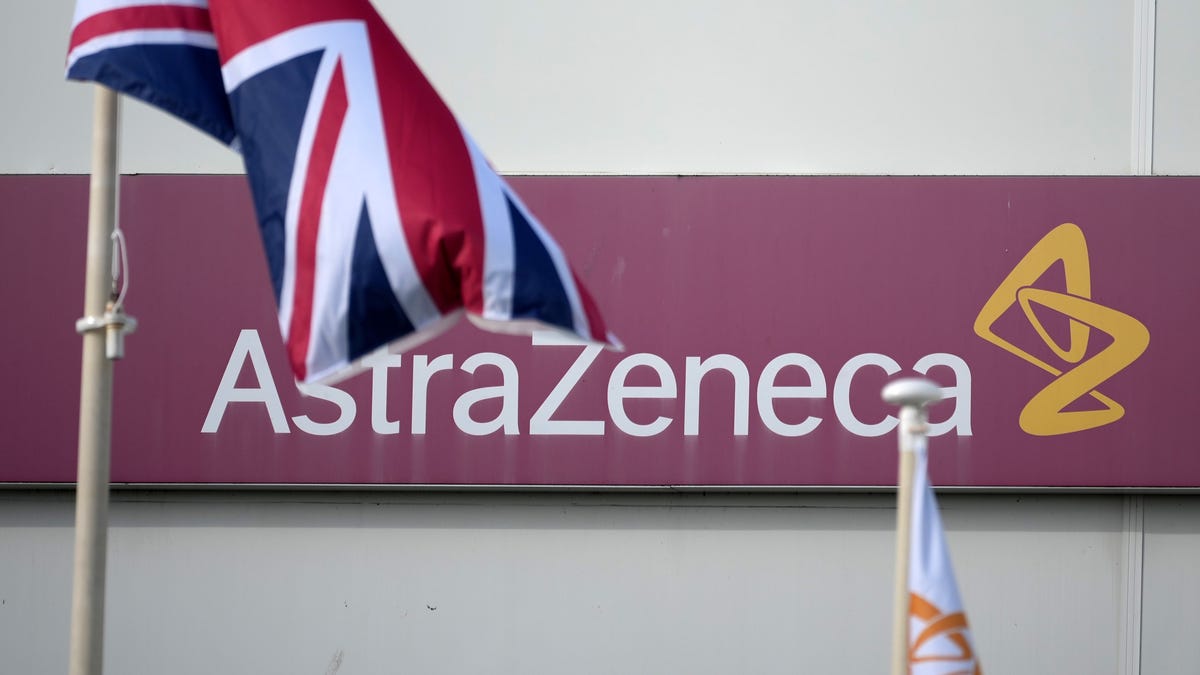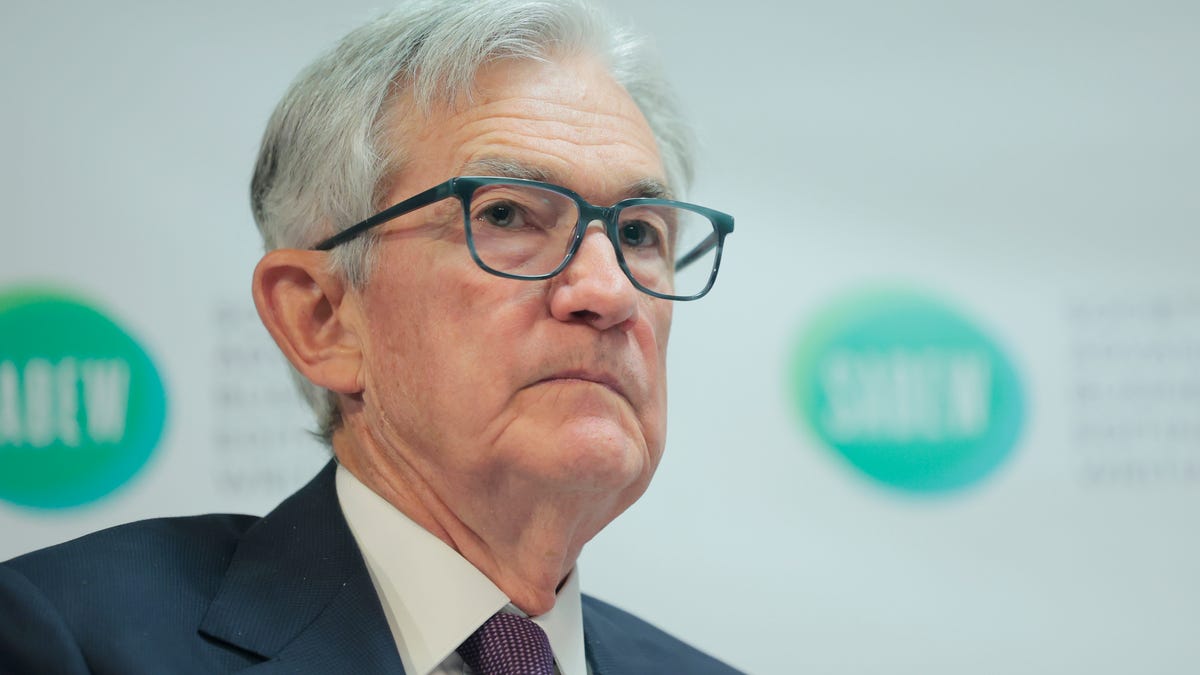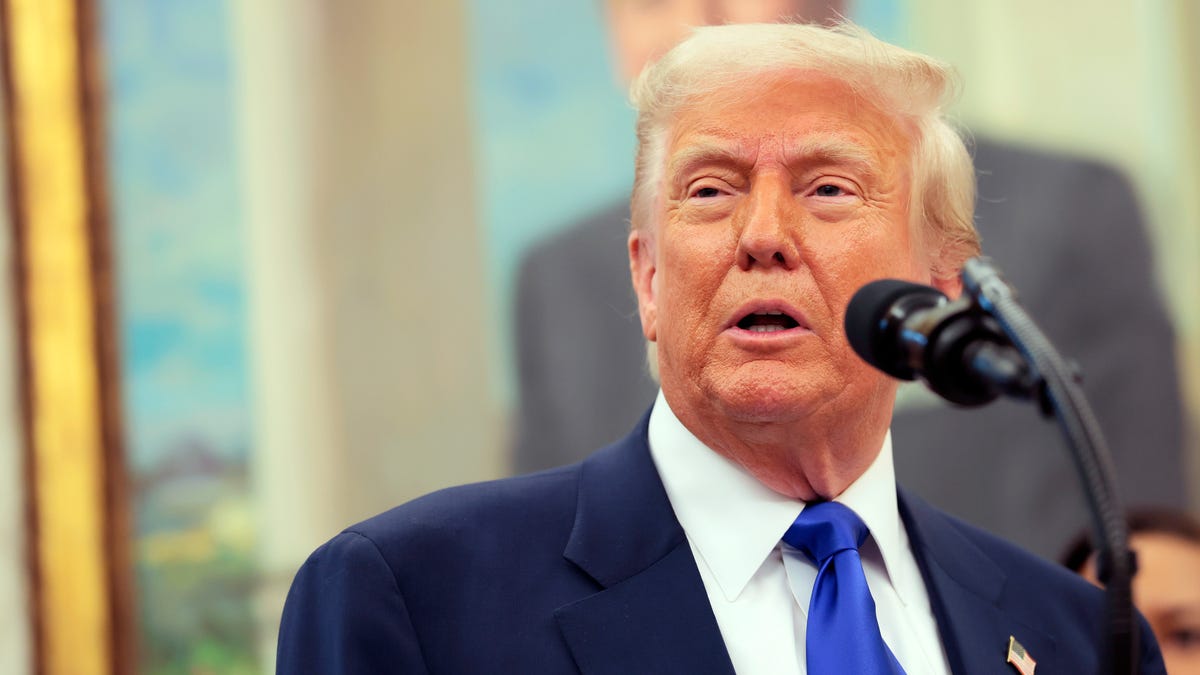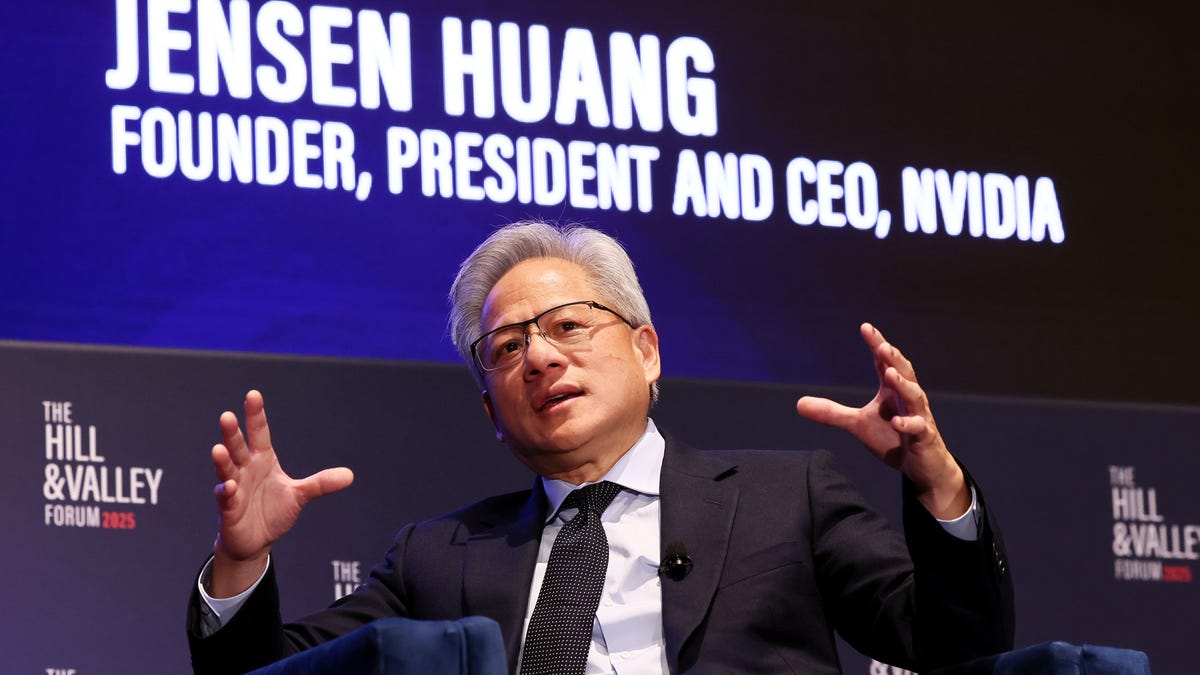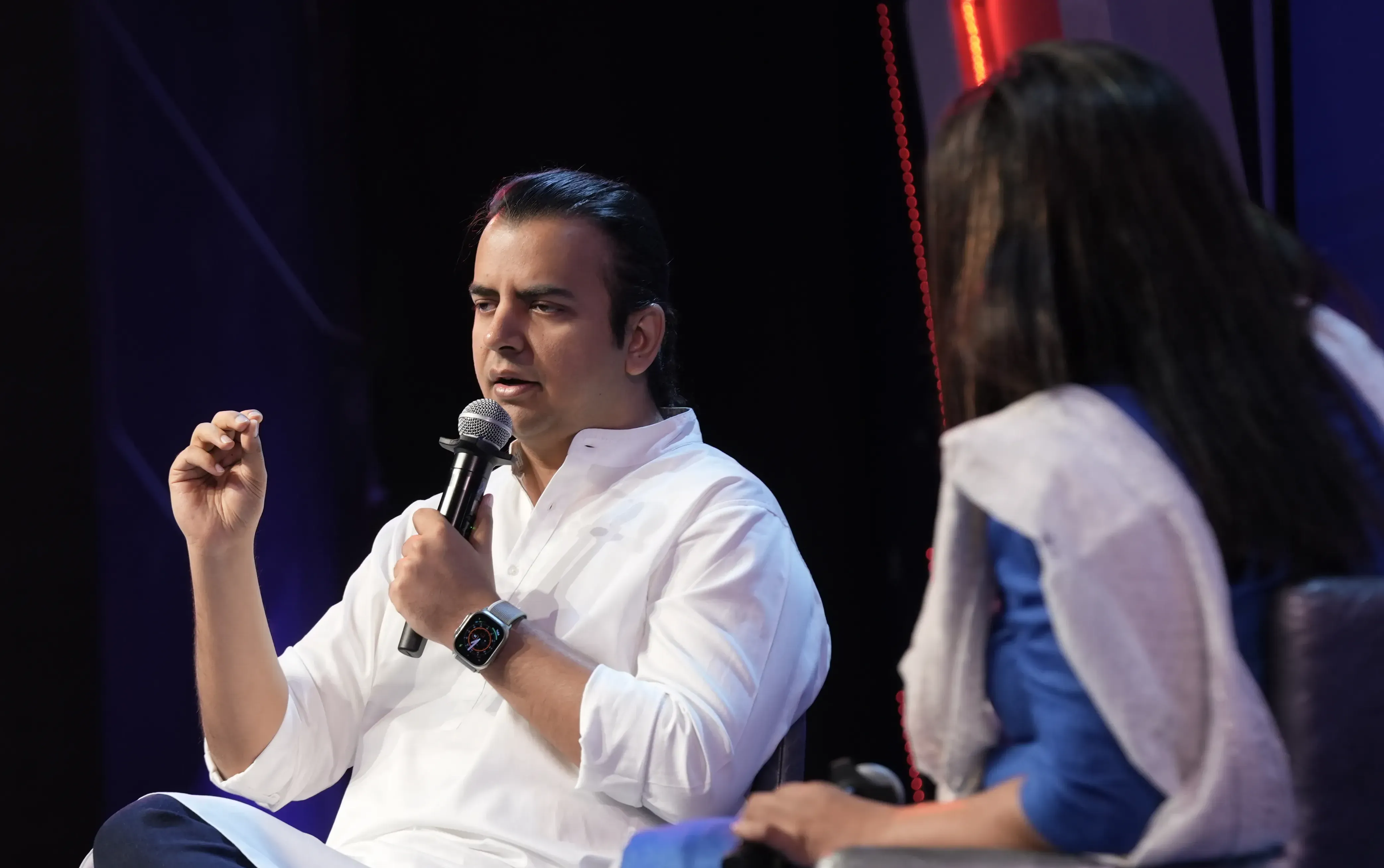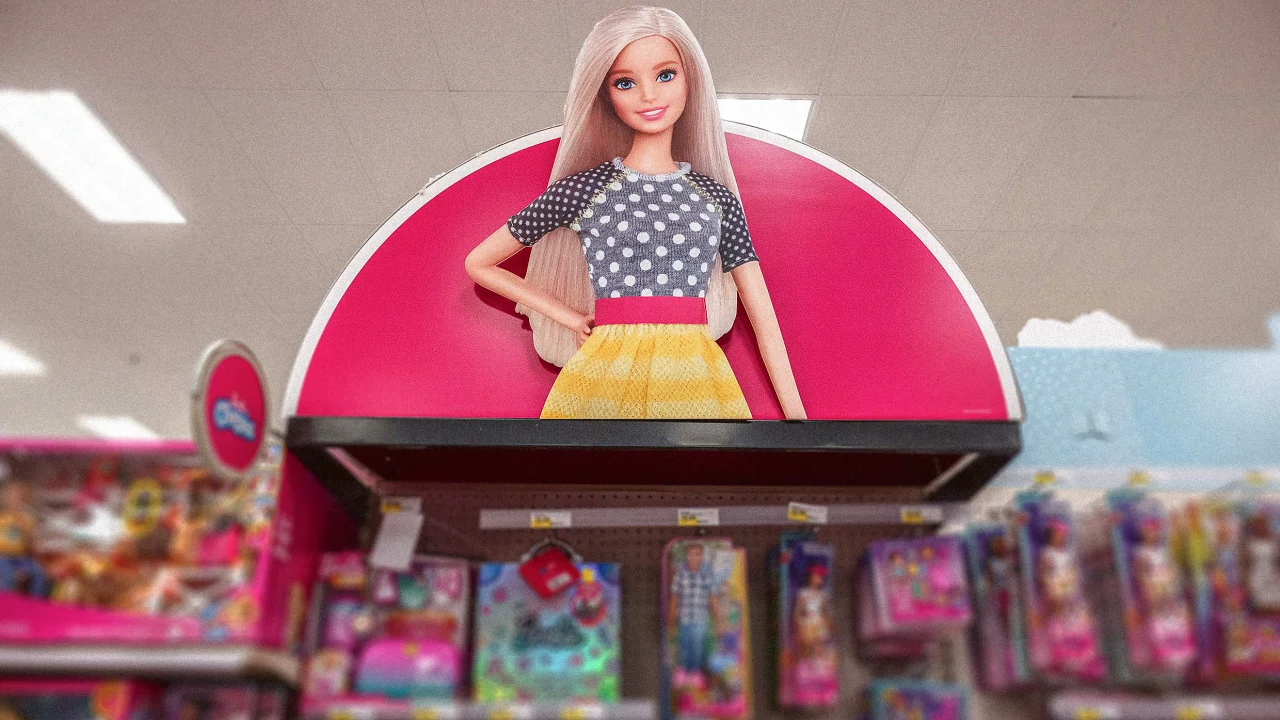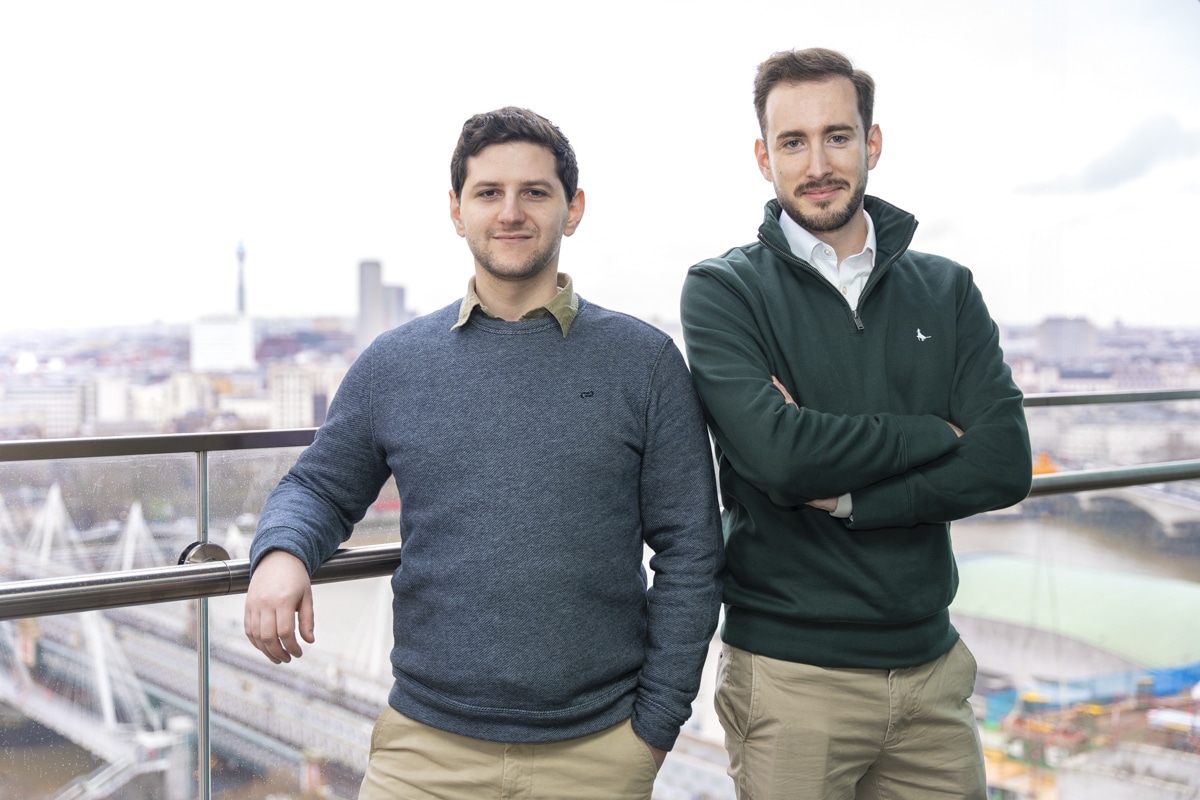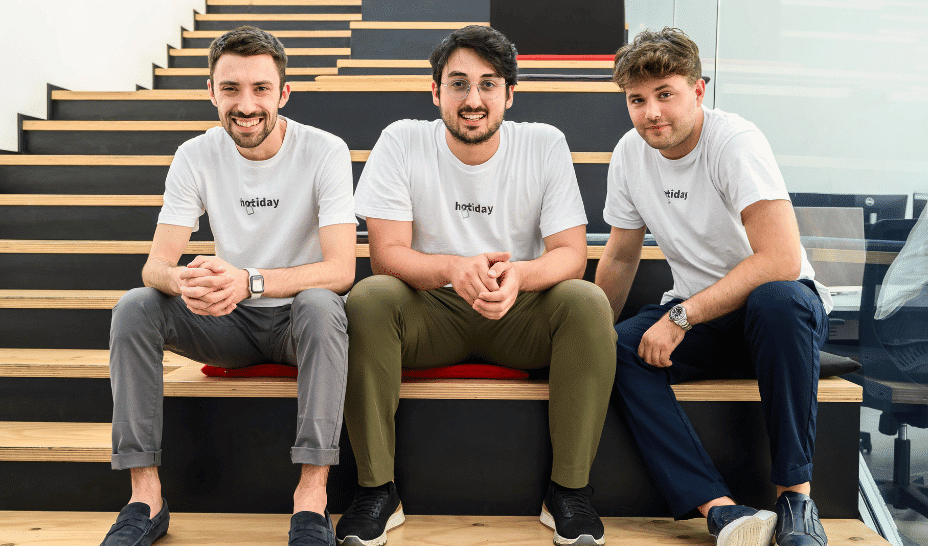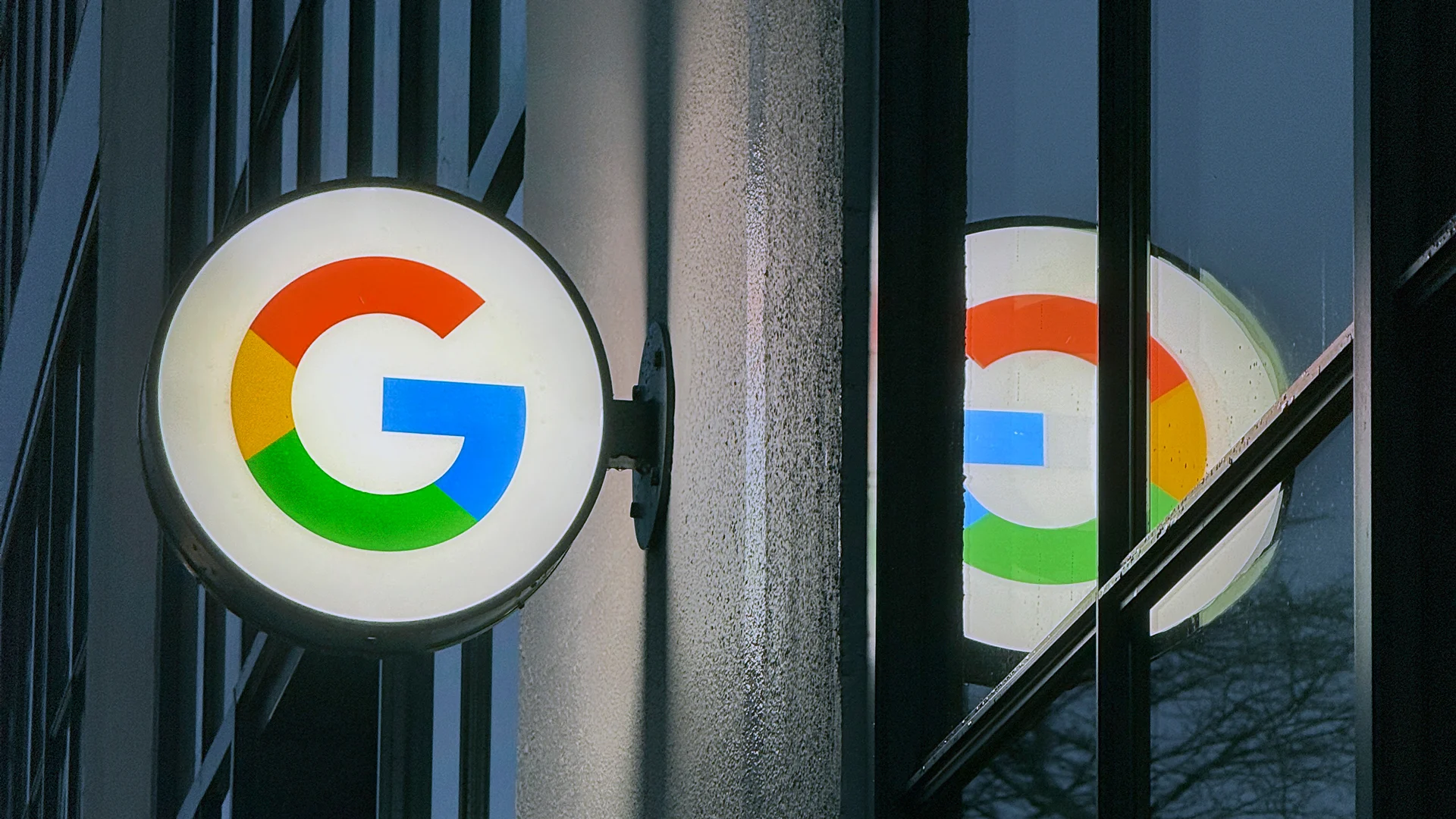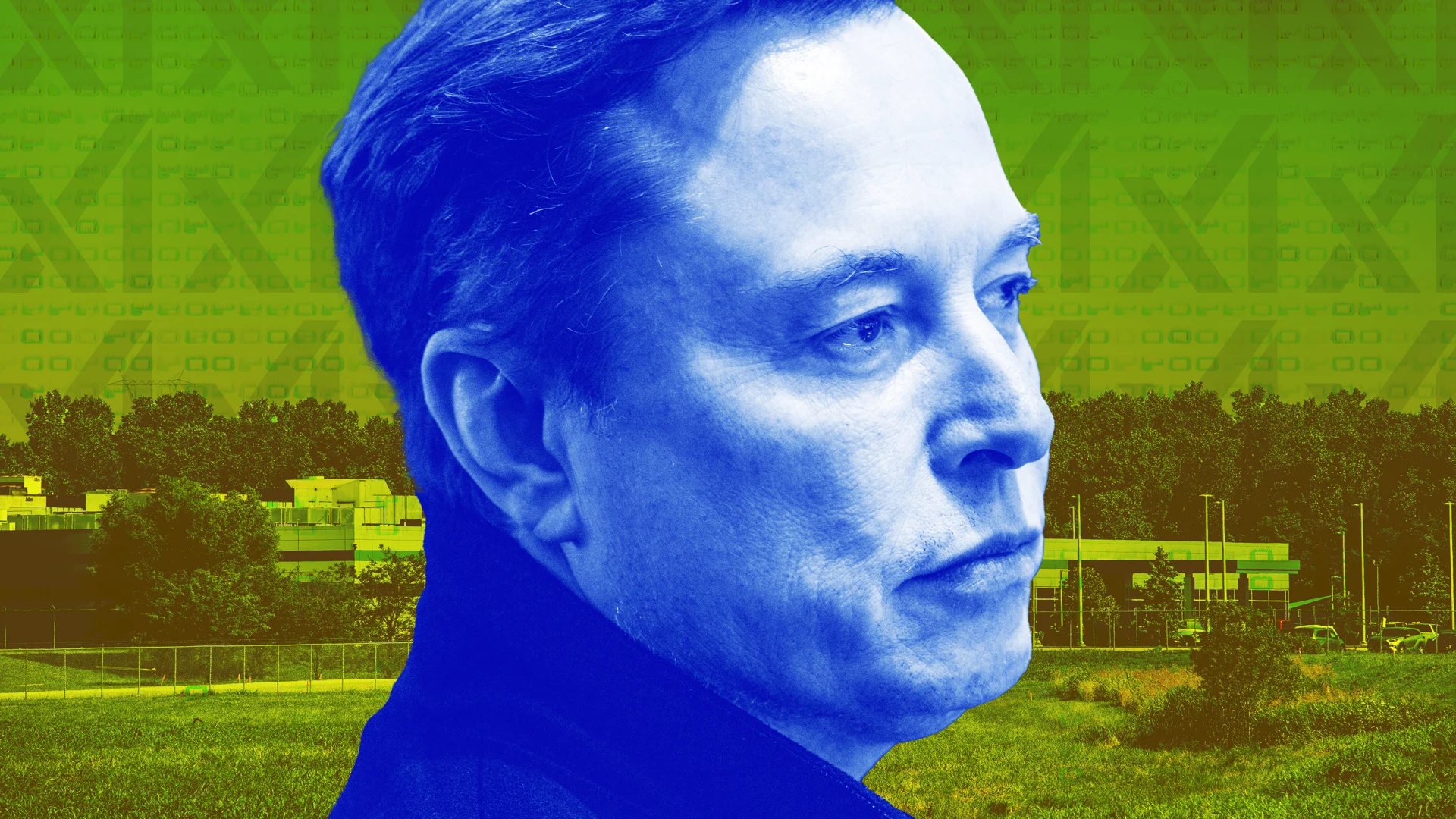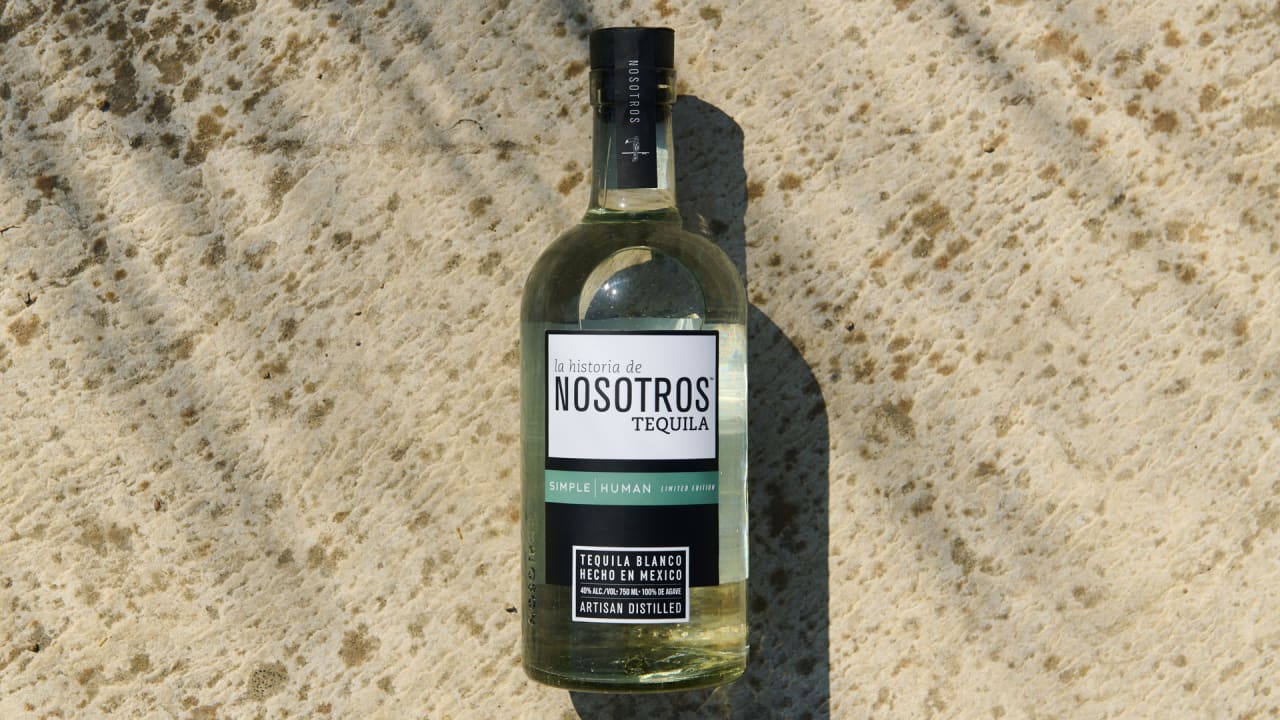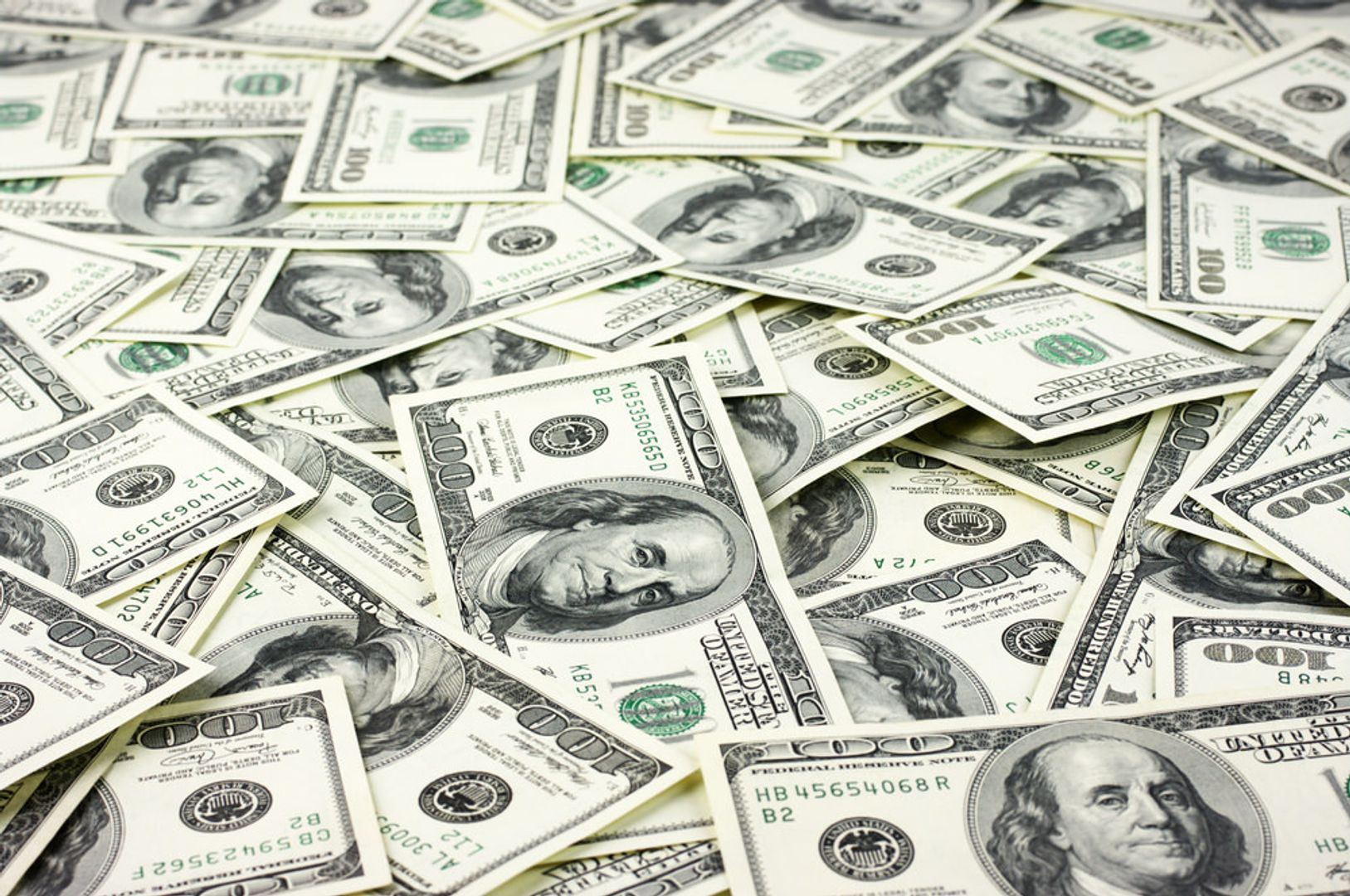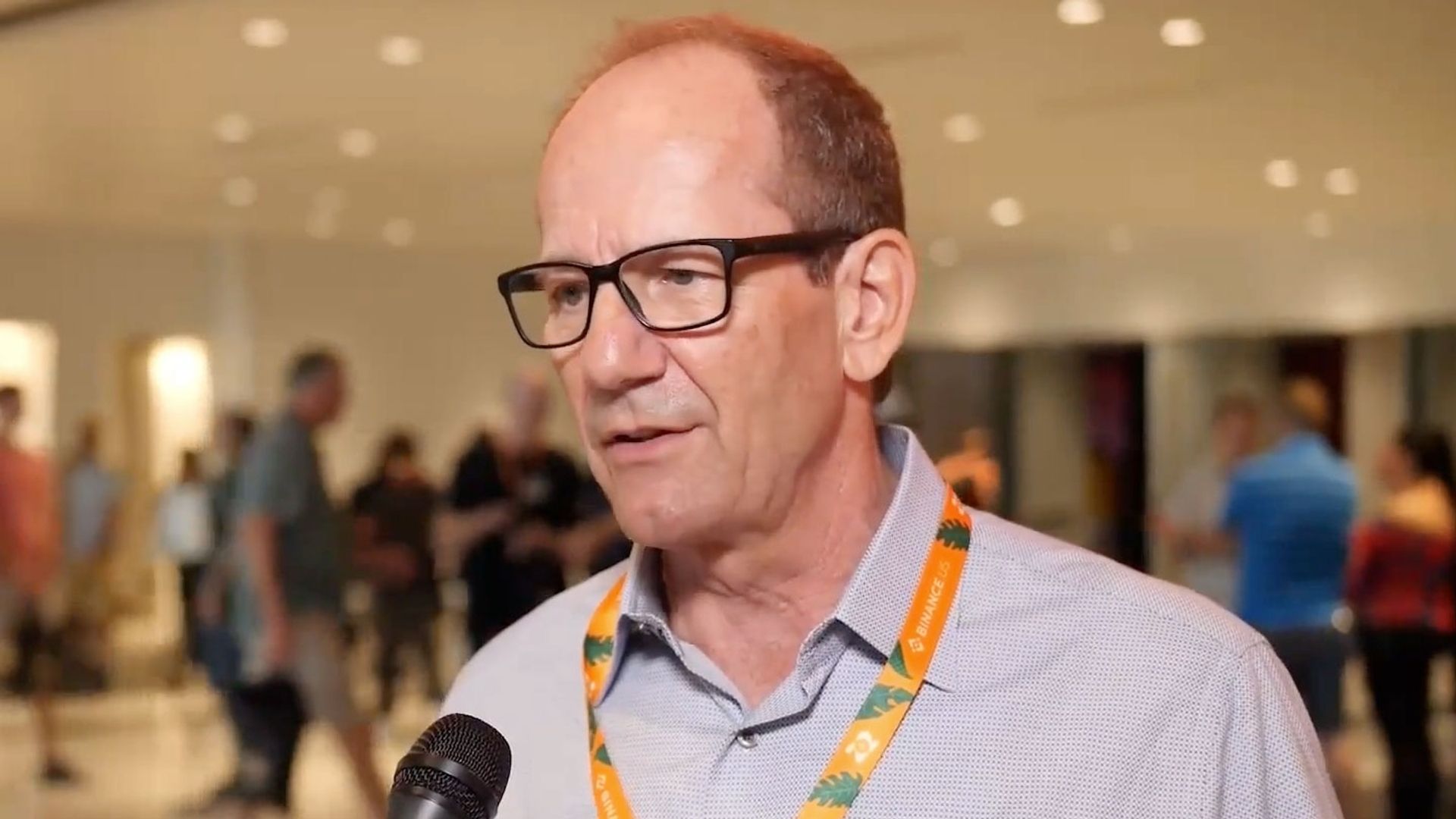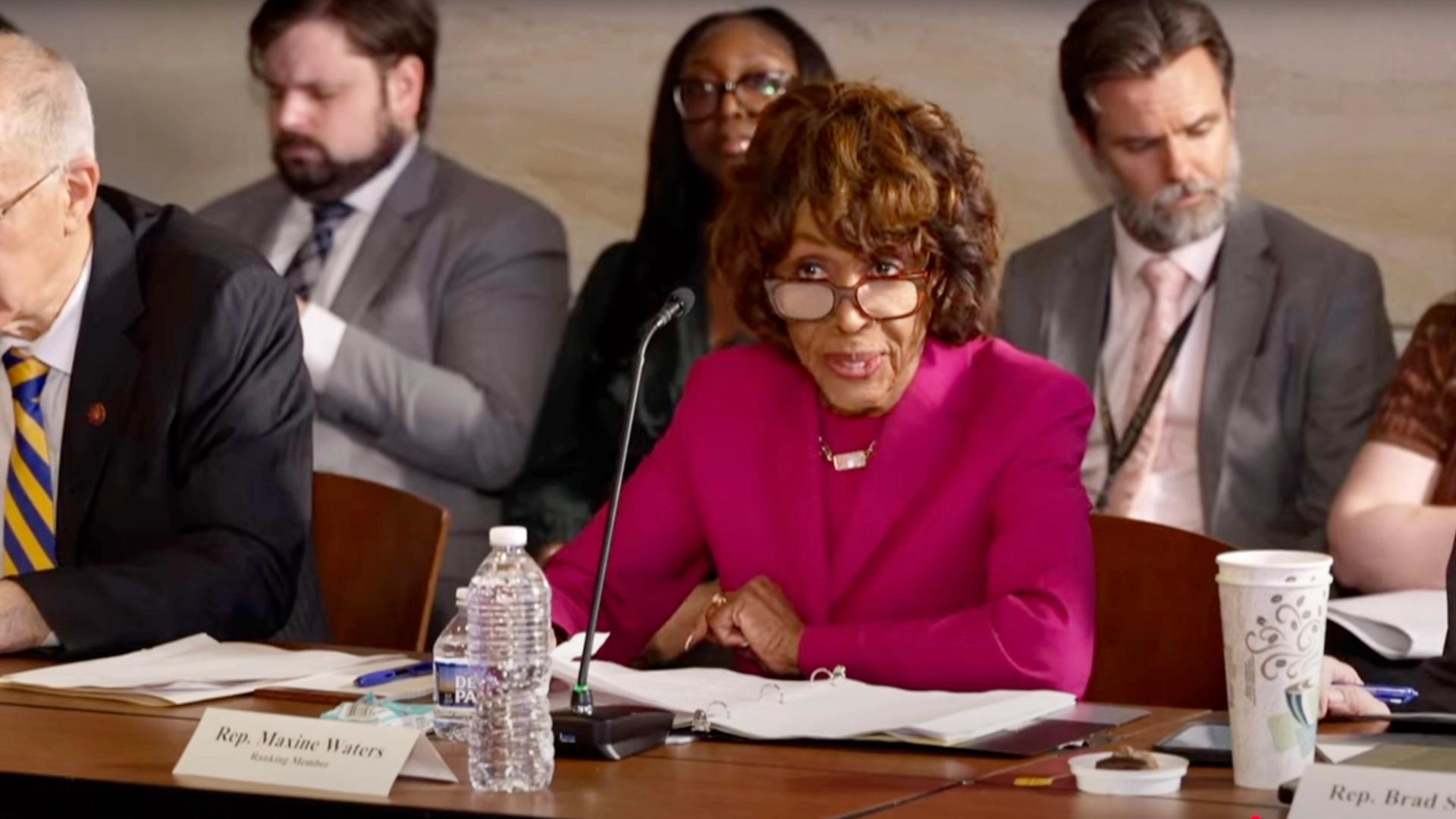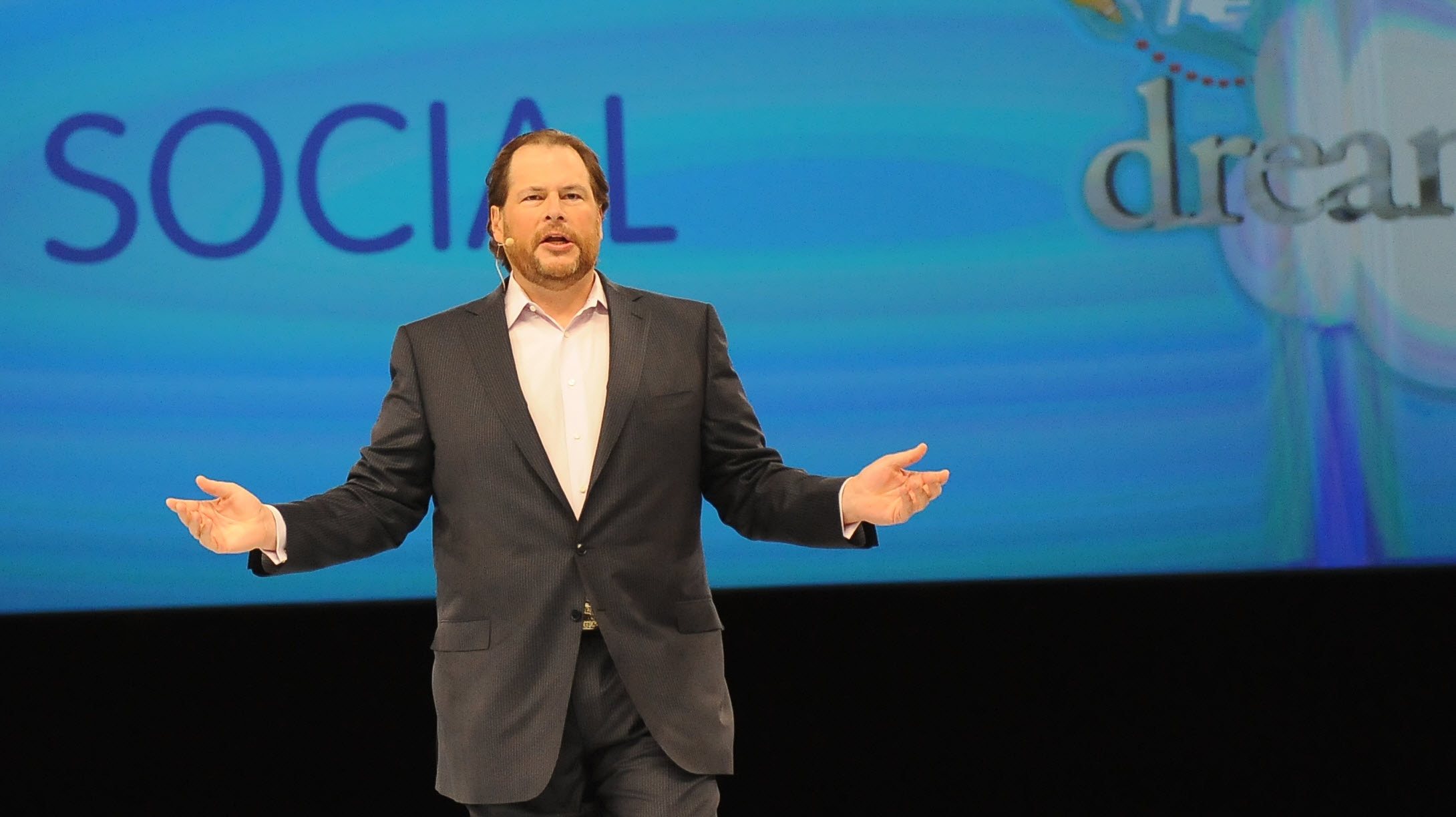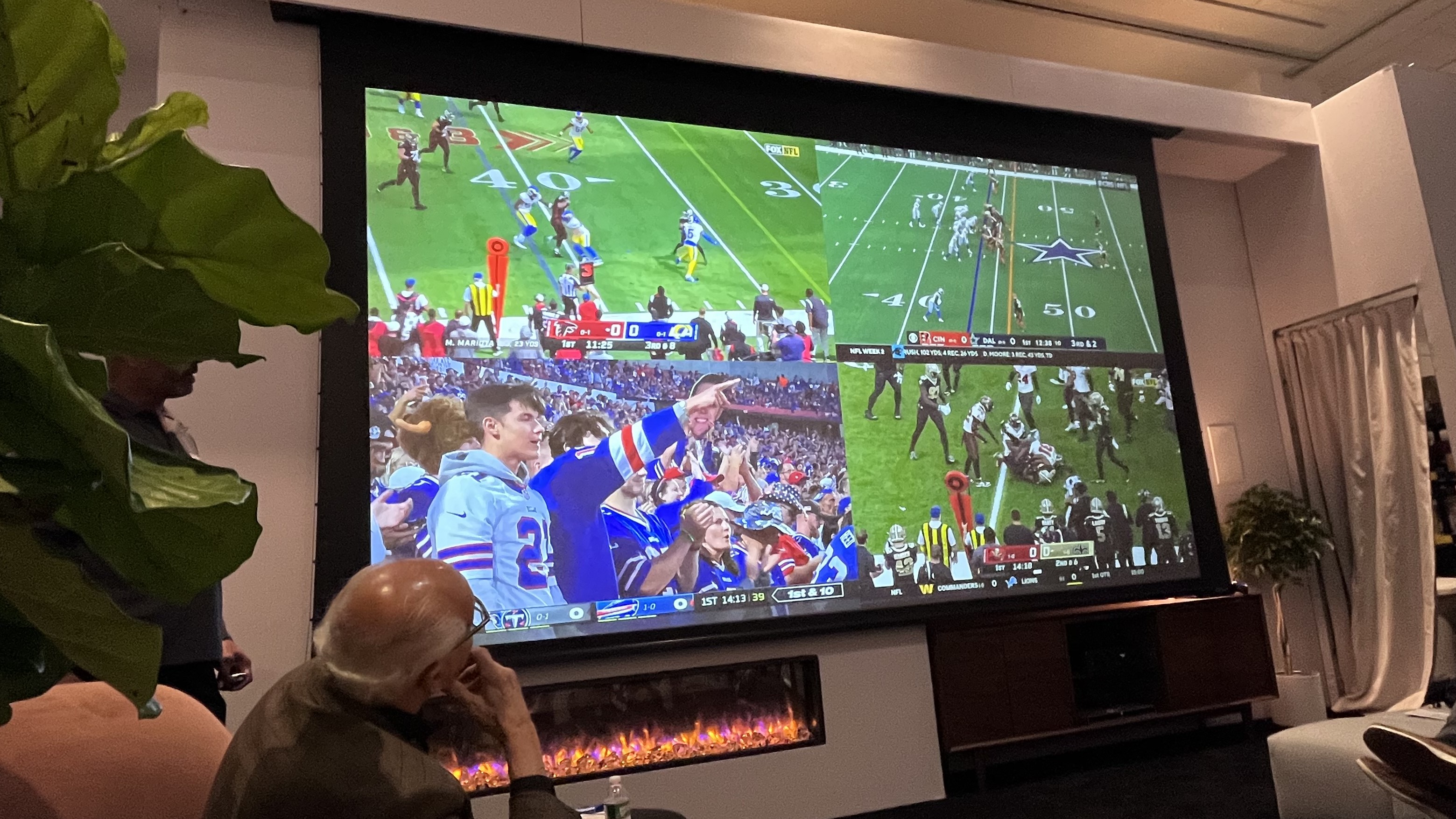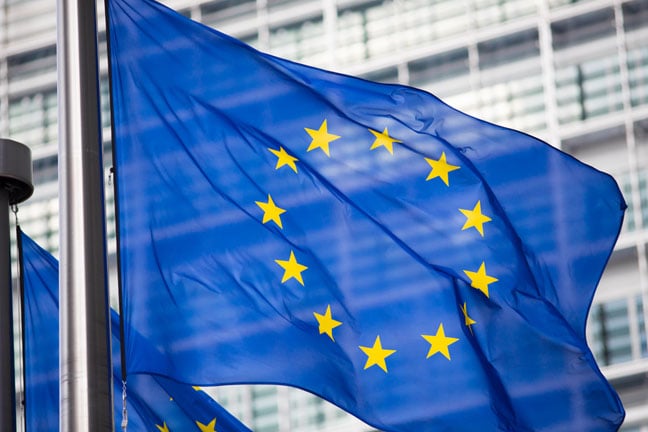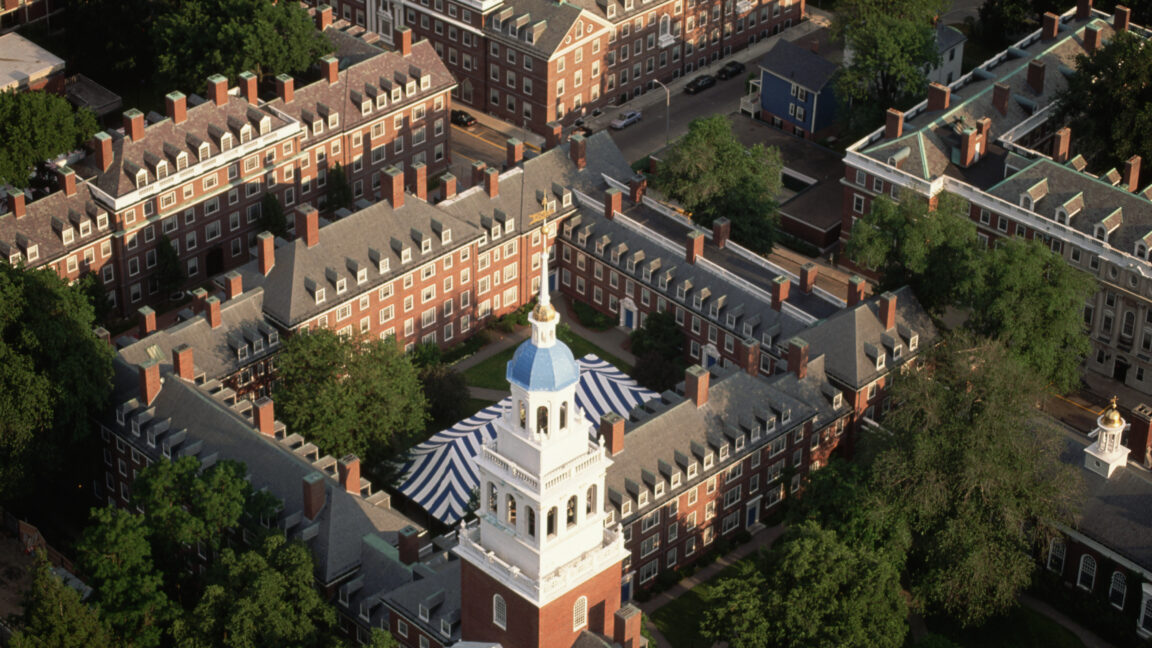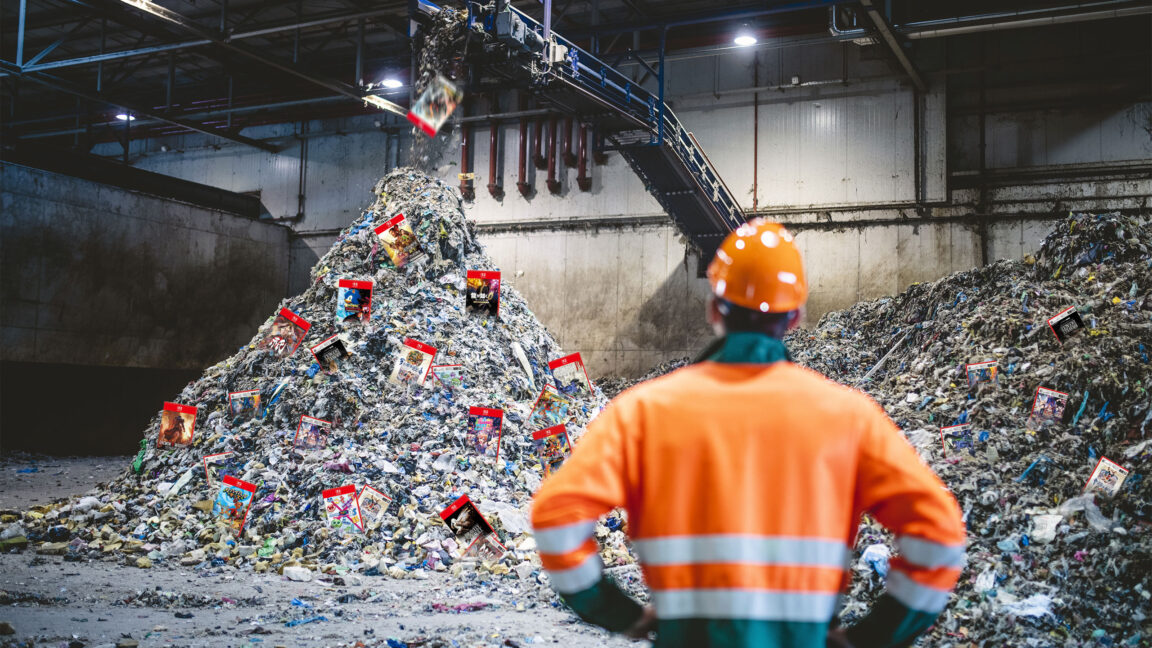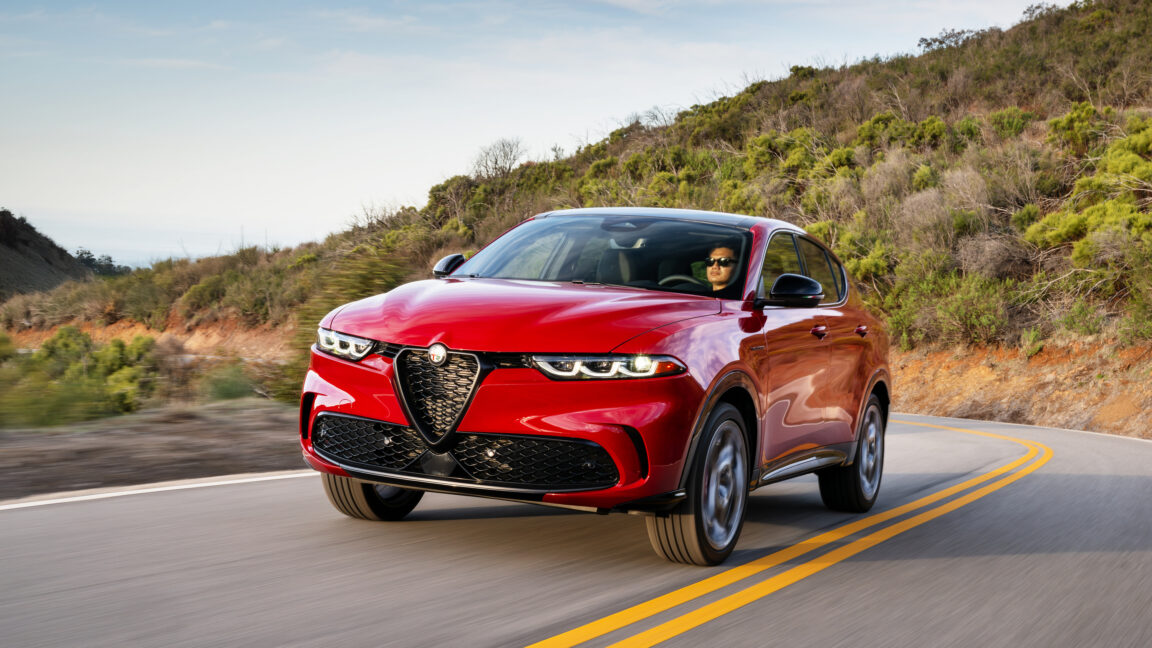After Sovereignty’s Kentucky Derby win, the UAE’s prime minister has a shot at the Triple Crown
Dubai’s Godolphin has become the world’s most dominant horse racing stable, but its owner has faced serious accusations.

- UAE Prime Minister Sheikh Mohammed bin Rashid Al Maktoum owns the world’s largest Thoroughbred-racing operation, and Godolphin has now finally won the sport’s biggest race. The Dubai ruler has earned plenty of goodwill through his investment in the struggling industry, helping him to sidestep controversies regarding alleged treatment of his daughters and ex-wife, and the past use of child jockeys in camel racing, a source said.
Sovereignty got the better of Journalism as the two horses raced down the final stretch of Saturday’s Kentucky Derby. It was a success more than four decades in the making for Sheikh Mohammed bin Rashid Al Maktoum, the leader of Dubai and the most influential owner in horse racing.
Sovereign wealth, particularly from oil-rich Persian Gulf states, has made an indelible mark on global sport. While involvement in soccer and golf has earned most of the headlines—and allegations of “sportswashing”—Sheikh Mohammed’s Godolphin has become the world’s largest Thoroughbred-racing operation. Even for a sport often plagued by scandal, however, the prime minister of the United Arab Emirates has been accused of being involved in serious controversies.
In 2020, the British High Court ruled Sheikh Mohammed had kidnapped two of his daughters, a ruling which came after an ex-wife, Princess Haya Bint Al Hussein, fled to the U.K. out of fear for her safety. Sheikh Mohammed maintained his denial of the allegations and said his position as a head-of-state prevented him from participating in the court’s fact-finding process.
Roughly two decades ago, meanwhile, Sheikh Mohammed was accused of facilitating the slave trade of young boys who served as jockeys in camel racing, though the case was dismissed in U.S. federal court. The family denied the allegations and said it had worked to clean up the sport.
Furthermore, Godolphin’s Europe stables had nearly two-dozen horses fail drug tests in 2013, leading to an eight-year ban for one of its former trainers.
And yet, Sheikh Mohammed’s racing operation has helped him curry plenty of goodwill. That included a close relationship with the late Queen Elizabeth, a big fan of the sport.
“Godolphin’s been massive for [Sheikh Mohammed],” said Nicholas McGeehan, an expert in migrant workers’ rights in the United Arab Emirates who has written for The New York Times, The Guardian, and VICE. “I think it’s been very good for his reputation and has allowed him to sort of ride out some of those corruption scandals. I think if he didn’t have Godolphin in the U.K., he’d be the subject of more intense scrutiny.”
Godolphin USA and the UAE Embassy in Washington, D.C. did not immediately respond to Fortune’s requests for comment.
Godolphin at the top
Sheikh Mohammed’s horse racing operation started with the purchase of a single stud farm in the English town of Newmarket, the sport’s historic hub, in 1981. Today, Godolphin is a worldwide behemoth racing on four continents.
The business of horseracing has been in decline for some time, but the impact of Sheikh Mohammed’s investment has been palpable. Back in Newmarket, McGeehan said, the sheikh is basically a local hero.
“He’s a guy who provides jobs,” said McGeehan, a former senior researcher at Human Rights Watch and a co-founder of FairSquare, an organization researching human rights abuses related to labor migration, political repression, and sport.
Godolphin has also more than made its mark in North America, winning the award for the continent’s most outstanding owner each of the past five years. Sovereignty’s victory on Saturday may have been Godolphin’s first Kentucky Derby win in 13 attempts, but the stable’s dominance of the sport is unquestioned.
After Sovereignty brought home the Derby’s $3.1 million grand prize, Godolphin leads all North American owners with $8.4 million in total winnings this season, per Equibase. Calumet Farm, founded in 1924, is closest in the rankings with nearly $1.8 million.
On Saturday, Godolphin became the first owner to win both the Kentucky Oaks, held the day before the Derby, and the main event at Churchill Downs since 1952. Now, Sheikh Mohammed’s stable has the ultimate shot at horse racing legitimacy: Winning the Triple Crown.
Sovereignty would be just the 14th horse to do so if he can follow up his Derby win with victories in The Preakness Stakes and The Belmont Stakes on May 17 and June 7, respectively. Trainer Bill Mott has not committed to having the horse run the Preakness on such a quick turnaround, however.
Child camel jockey controversies
Regardless, the rise of Godolphin mirrors the incredible growth of Dubai from a tiny desert port to a center for global commerce, featuring the world’s tallest building and second-busiest international airport. Like other Persian Gulf States, however, the UAE has been criticized for the treatment of its roughly 8.7 million migrant workers, which make up well over 80% of the country’s population.
Workers in the UAE are now able to join labor unions, quit their job, or leave the country without their employer’s permission, according to the Council on Foreign Relations. However, those reforms are more cosmetic improvements, McGeehan said, than fundamental changes to the system in practice.
“It’s still, I would say, in many senses, materially identical to the situation 10, 15, 20 years ago,” he said.
That’s not the case when it comes to the popular sport of camel racing. The ruling families of Dubai and Abu Dhabi helped transform a traditional Bedouin ceremonial practice into a high-stakes, competitive industry to demonstrate their credentials as rulers, McGeehan said, beginning in the 1980s and 90s.
Tragically, lightweight children became the jockeys of choice, and laws banning their use in the UAE didn’t immediately end the practice. In 2005, a report from the U.S. State Department said children as young as two years old were being trafficked from countries such as Bangladesh, Pakistan, and Sudan to work in the industry. They often faced physical and sexual abuse, and many died or were seriously injured after falling off camels and being trampled.
An HBO exposé the year prior helped incite growing public criticism and political pressure. In 2006, Sheikh Mohammed and his brother were sued in U.S. federal court for encouraging the trafficking and enslavement of former child jockeys. They were personally served papers at a horse sale in Kentucky.
A Florida judge dismissed the case for want of jurisdiction, however, and the same thing happened in Kentucky.
The State Department and UNICEF quickly came to the UAE’s defense, emphasizing the country’s efforts to repatriate and compensate victims. In 2010, however, Anti-Slavery International released photographs of child jockeys competing at a festival in Abu Dhabi. Today, robot jockeys have taken the place of kids.
“They constantly look for organizations like that to sort of give the seal of approval to whatever it is they’re doing,” McGeehan, who wrote a 2013 paper about the case in the Journal of Human Rights Practice, said of the UAE and UNICEF.
This story was originally featured on Fortune.com






















